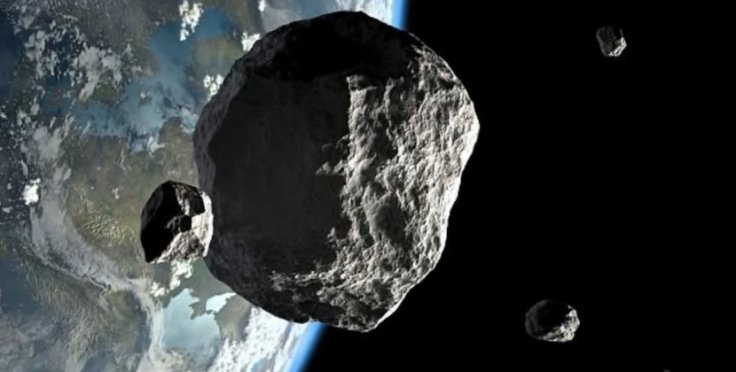
Researchers have spotted an alien asteroid in our solar system, that circles the sun in Jupiter's orbital path, but interestingly hurtling in the opposite direction. Unlike Oumuamua, an interstellar object which made a brief visit to the solar system earlier this year, this newly discovered asteroid from another star system seems to have been here for more than 4.5 billion years.
Researchers have named this asteroid 2015 BZ509. The study report is published in the Monthly Notices of the Royal Astronomical Society: Letters.
Experts believe that this asteroid is the first known interstellar asteroid to have taken up a healthy orbit around the sun. However, researchers are still not unclear on where the object came from.
"Because 'Oumuamua was just passing by. It's not that difficult to go back and pinpoint where it came from. BZ reached the Solar System when it was forming, when the planets themselves were not exactly where they are now. So it's a little more tricky to figure out where it came from," told Dr Fathi Namouni from the Universite Cote d'Azur, one of the study's authors to BBC News.
The newly discovered asteroid measures nearly 3 kilometers wide. Its composition still remains unknown, and experts are planning to study more about this asteroid to unravel the mystery of the solar system in the pre-historic days.
The study team revealed that 2015 BZ509 is following a retrograde orbit, as it follows the opposite direction when compared to other planets and space bodies in the solar system.
Fathi Namoumi argued that if the object was originated in our solar system, then it could have the same original direction as all of the other planets and asteroids in our system. During the research, scientists made use of computer simulations and understood that BZ had joined our solar system 4.5 billion years ago when the sun was part of a tightly packed star cluster.
"The close proximity of the stars, aided by the gravitational forces of the planets, help these systems attract, remove, and capture asteroids from one another," said Dr Helena Morais, from the Estadual Paulista University, and the co-author of the study.









